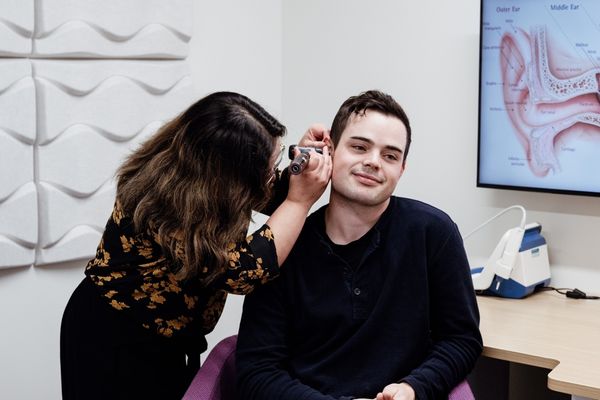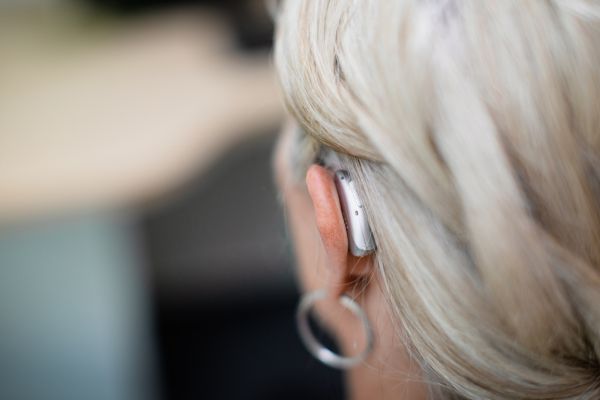Treatment
Based on current knowledge, Menière’s disease is regarded as incurable. To this day, it has not been conclusively proven what causes the disease. Its symptoms can, however, be treated with medication and/or operations. We distinguish between two measures that are supposed to prevent further attacks and acute treatment during an attack. To treat the related dizziness, patients are given anti-vertigo drugs (anti [gr.] = against, vertigo [lat.] = dizziness). Since their dizziness often causes severe nausea, Menière’s patients are also prescribed anti-nausea drugs.
Other methods are used on patients who suffer from particularly severe cases of Menière’s disease and have lots of fits of dizziness.
One option is to prescribe drugs (gentamycin) to deactivate the organ of equilibrium which might put an end to the patient’s fits of dizziness. However, this could adversely affect the patient’s hearing.
Furthermore, there are several surgical procedures. In some cases, the patient’s balance nerve is severed by means of a surgical procedure (neurectomy) which puts a permanent end to dizziness. Another form of treatment is a saccotomy during which pressure is relieved by means of a tiny opening being poked into a part of the inner ear.











